The DHIS2 Annual Conference takes place from 15-18 June 2026! Learn more
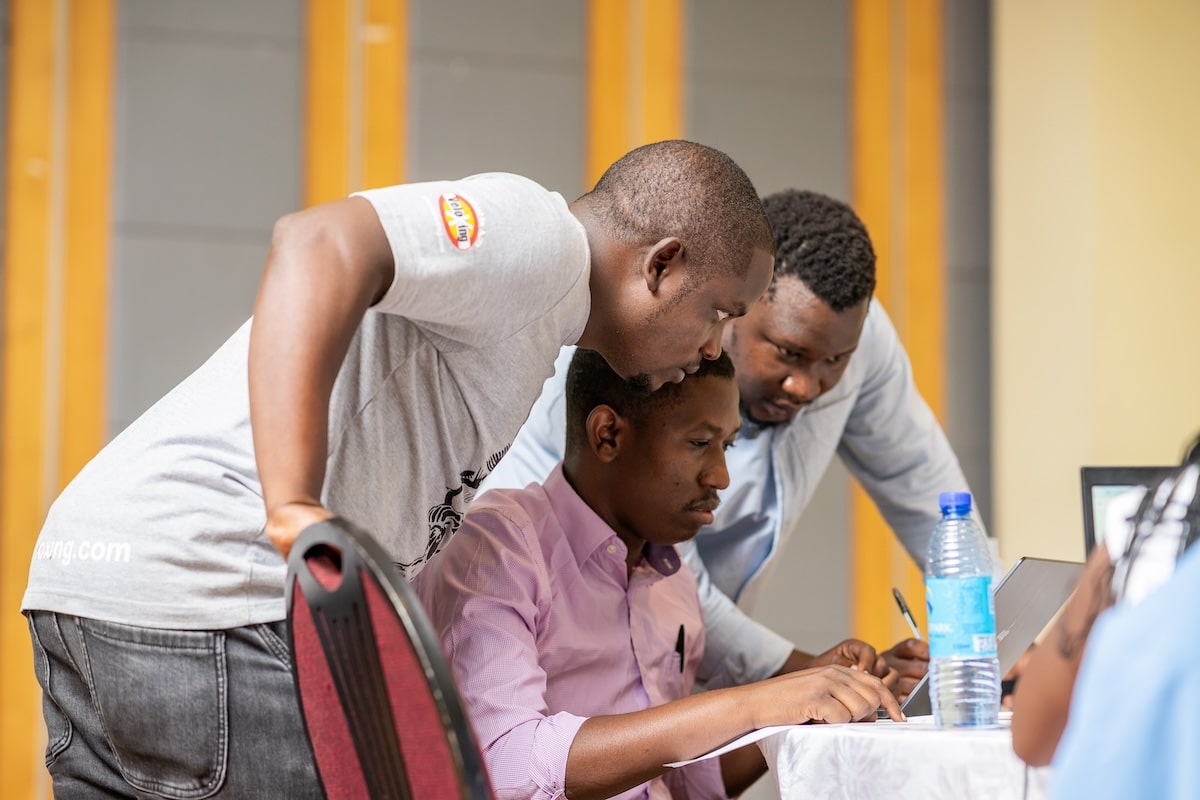
DHIS2 Integration Workshop
Join us in Zimbabwe for a hands-on, interactive workshop focused on DHIS2 interoperability and harmonizing digital health infrastructure across Africa.
Format
In PersonLocation
Victoria Falls, ZimbabweStart date
7 Apr 2025End date
11 Apr 2025Jump to a section on this page
Workshop Overview
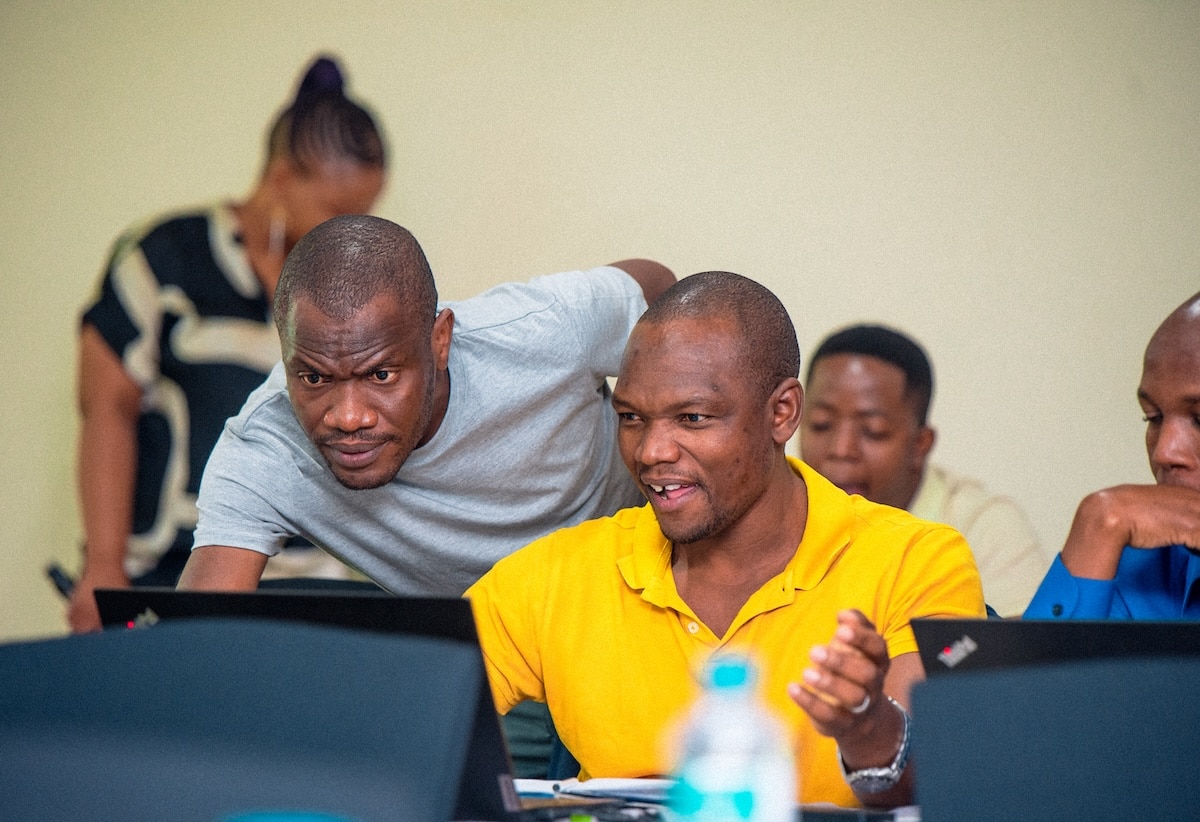
Learning Outcomes
By participating in this workshop you will:
- Understand and conduct DHIS2 specific interoperability readiness assessments
- Produce interoperability and architecture guidance
- Demonstrate an understanding of digital health standards
- Understand the state-of-the-art on interoperability across the DHIS2 network
- Implement best practices for interoperability across different systems and technologies
- Obtain support for in country interoperability projects in alignment with HISP aims
- Get support to resolve critical interoperability challenges faced in country
- Understand and contribute to the DHIS2 integration roadmap
Participants Profile
This workshop is aimed at participants with these roles:
- Operational Leads: You act as the lead project manager and will liaise with senior stakeholders to determine the vision of the HMIS. You are responsible for coordinating projects with internal and external partners and responsible for ensuring the implementation of an integrated design within the HMIS, considering approaches for long-term sustainability and how DHIS2 will function within an overall health information architecture.
- Implementers: You are responsible for operationalizing and scaling up the DHIS2 configuration. You work with all other roles in order to understand a program’s requirements and develop solutions to meet them. This includes adding additional functionality, integrating new programs, modifying routines to incorporate DHIS2 and supporting users to use the application. Processes and procedures, including upgrade procedures, managing metadata and users, etc. is often also drafted by the implementation team.
- DHIS Trainers: You support the training of staff to use DHIS2, developing training material, documentation and job aids for use within the implementation. You can operate at various levels, focusing on fundamental concepts including data-entry, to more advanced concepts such as data use or system administration. Trainer’s will typically overlap with another role, using their expertise from other roles to inform the content that is presented during training.
Prerequisites: Participants are expected to have completed the Tracker Configuration Fundamentals Academy, or have equivalent experience with Tracker and/or Event programs.
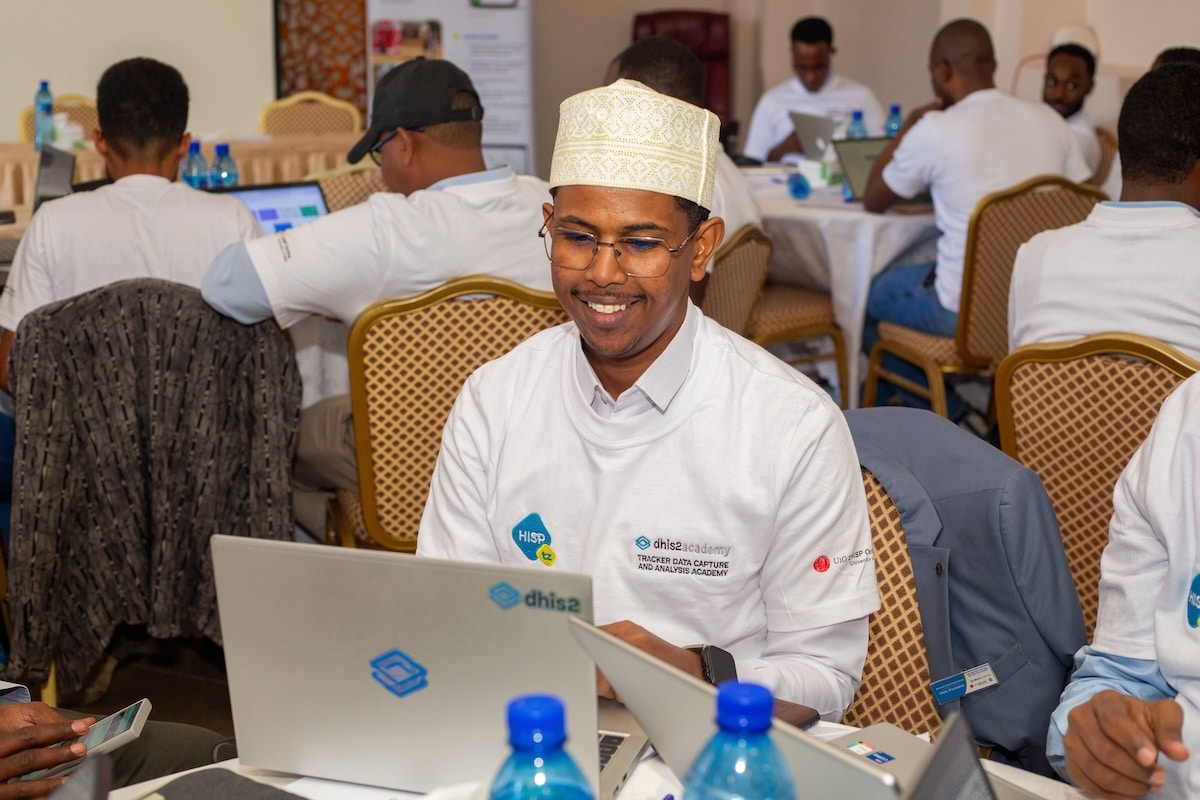
Your Facilitation Team
Attending a DHIS2 Academy is a great way of sharing experiences from the implementations from the countries in the region. This Academy will provide you an opportunity for networking with global DHIS2 experts in addition to participants from the region. Academy trainers are highly recognized experts within global HISP community with vast knowledge and expertise on DHIS2 and public health domain. Learn more about the facilitators for this course below:

Dr. Prosper Behumbiize
Dr Prosper Behumbiize is currently working with the DHIS2 Global Implementation Team at HISP UiO, and he is based at HISP Uganda. Previously, Prosper worked with US Centers for Disease Control and Prevention in Uganda where he was supporting the design and implementation of Health Information for 13 years. He is a DHIS2 community member and has supported a number regional and global national DHIS2 implementations. He is a prominent DHIS2 use case implementer and his expertise has been recognized by a number of Organizations and Agencies through awards and recognitions among other distinctions.
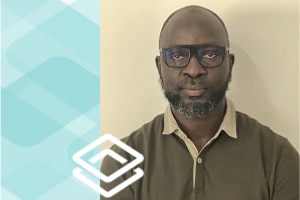
Zeferino Saugene
Zeferino Saugene is the Team Leader of HISP Lusofonia (Saudigitus) and holds a Ph.D in Information Systems from the University of Oslo (UiO) in Norway. He has extensive experience in implementing information systems in general and DHIS2 in particular. Has participated in and led DHIS2 implementation projects in several countries and international organizations. Is a professor and researcher in the area of ICTs at Eduardo Mondlane University (UEM) and has held several teaching positions. DHIS2 Implementation Consultant at HISP, with a background in ICT and extensive experience in applied informatics for public health using DHIS2. Has experience in public health data management, design and customization of DHIS2 in country aspects and also collaboration with DHIS2 communities worldwide and in the PALOP region in particular.

Rangarirai Matavire
Rangarirai is an expert in digital health systems with over 15 years of experience in health information systems, data analytics, and capacity building. He holds a Ph.D. in Informatics from the University of Oslo and has extensive expertise in implementing DHIS2 across multiple countries. Ranga has led projects focusing on data-driven decision-making, system interoperability, and software development for health programs, including HIV, TB, and malaria. His work spans roles as a technical advisor, researcher, and trainer, collaborating with global organizations like WHO and the University of Oslo. He combines technical proficiency in data systems with a proven track record in stakeholder engagement and institutional capacity building.
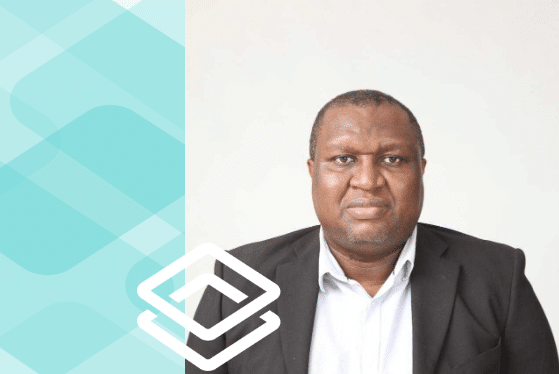
Clifford Chidawanyika
Clifford Chidawanyika is an ICT System Architect with over 15 years of experience in software design, development, and system integration, specializing in health information systems. He holds a Bachelor’s degree in Electronic Engineering and certifications as a Sun Certified Java Programmer, PRINCE2 Agile Practitioner, and Certified Scrum Master. Clifford has led the development of mobiEMR in Zimbabwe, an advanced mobile application for community health workers, and contributed to integrating DHIS2 with various platforms like FHIR, RapidPro, and ePMS. His expertise spans project management, team leadership, data interoperability, and system architecture, with a focus on improving health data quality and use in Zimbabwe.

Bob Joliffe
Bob has over 30 years experience working with information systems in Africa, including the past 12 years with the global HISP project, where he is a member of the core DHIS2 implementation team. His particular areas of technical interest are security, architecture, interoperability and standards. He is passionate about strengthening the capability of the public sector within countries to better appropriate their health information systems. Alongside working as an implementation engineer for the HISP project, Bob is also a member of the openMRS advisory council and the openHIE architecture review board. He also represents UIO on technical committees in standards for a such as the IHE (Integrating the Healthcare Enterprise).
Fees & Registration
The Academy registration fee is $750 and includes:
- Training materials
- Lunch breaks
- Two coffee breaks per day
Venue & Accommodation
Venue: Cresta Sprayview Hotel
Located only 20 minutes from the Victoria Falls International Airport, the Cresta Sprayview Hotel is the first hotel you encounter as you arrive in town. The closest other town to the hotel is Livingstone in Zambia, 15km away. Accommodation is walking distance from town and just a 10 minutes’ walk to the falls themselves.
See the venue location on Google Maps
How can you get to the conference? Since Victoria Falls has an international airport, various airlines can bring you here. Air Zimbabwe, South African Airlines, British Airways and Air Namibia fly directly to Victoria Falls. Harare, the capital city of Zimbabwe, is located 551km southeast of Victoria Falls.
Accommodations
If you do not wish to book a room at the venue, Victoria Falls also has several other accommodation options for you to choose from, including hotels, lodges, and lots of offers on AirBNB.

Travel Information
Airport: Victoria Falls, Zimbabwe, is primarily accessed through Victoria Falls International Airport (VFA), situated about 18 km south of the town. This airport connects the region to various international and regional destinations, with airlines such as Air Zimbabwe, Airlink, CemAir, Discover Airlines, Ethiopian Airlines, Fastjet, Kenya Airways, Safair, and South African Airways offering flights. Popular routes include Johannesburg, Cape Town, Addis Ababa, Nairobi, Windhoek, Gaborone, Kasane, Harare, and Bulawayo. Alternatively, travelers can fly into Harry Mwanga Nkumbula International Airport (LVI) in Livingstone, Zambia, located close to Victoria Falls.
Immigration and Visa Information: Information is available here: https://www.evisa.gov.zw/
Airport Transfer: Victoria Falls International Airport (VFA) offers several transportation options for travelers, including shuttle services provided by many local hotels and lodges, which should be arranged in advance. Private transfers, such as taxis or chauffeur-driven vehicles, can be booked through your hotel or at the airport for a more personalized journey. Public taxis are also available, although they may be less frequent. Additionally, car rental agencies at the airport allow for independent travel. To ensure a smooth experience, it’s recommended to pre-book your shuttle or transfer service, especially during peak seasons.
Time zone: GMT + 02:00
Climate: In April, Victoria Falls enjoys mild and comfortable weather as the rainy season starts to wind down. The temperatures typically range from 18°C (64°F) in the early mornings and evenings to 28°C (82°F) during the day. Rainfall becomes less frequent, and the humidity levels drop, making the climate more pleasant for outdoor activities. The falls are still impressive, as water levels remain high from the earlier rains, but the weather is cooler and more comfortable compared to the hotter months. It’s a great time to visit for those seeking good weather and a chance to experience the falls with fewer crowds.
Currency: US Dollar, Zimbabwean Dollar (ZiG)
Banking and ATM: In Victoria Falls, banking services and ATMs are available, though more limited than in larger cities. ATMs are found at the airport, hotels, and in the town center, accepting Visa and MasterCard, though daily withdrawal limits and queues can occur. Many businesses accept foreign currencies, primarily US Dollars, alongside the Zimbabwean Dollar (ZiG). It’s advisable to notify your bank of travel plans. Bringing cash is advisable.
Official Language: Shona, Ndebele and English
Electricity: Type G British BS-1363 Type D Indian BS-546 5amp 220-240 Volts AC.
Health care:Healthcare in Victoria Falls is available but more limited compared to larger cities in Zimbabwe. The town has a public hospital, Victoria Falls District Hospital, offering basic medical services. Private healthcare providers, such as The Victoria Falls Private Hospital, offer higher-quality care but at higher costs. Emergency medical services are available, with private hospitals being better equipped, though response times may vary. Pharmacies are present, but specialized medications may be in short supply. Tourists can access basic first aid services at hotels and lodges, and for more specialized care, travel to larger cities may be necessary. It’s recommended that travelers have insurance and prepare for emergencies.

Leisure and Attractions
Find a list of attractions here: https://www.wayfairertravel.com/inspiration/activities-at-victoria-falls
Contact Us
Should you have additional questions about the DHIS2 Android Implementation Academy in Zimbabwe, please contact the DHIS2 Academy team at:
- Rusu Chunga
- Email: zimbabwe2025@dhis2.org
- Mobile/WhatsApp: +263772116036
Terms & Conditions
Please review our Terms & Conditions, which apply to every person registering as a participant for a DHIS2 Academy.